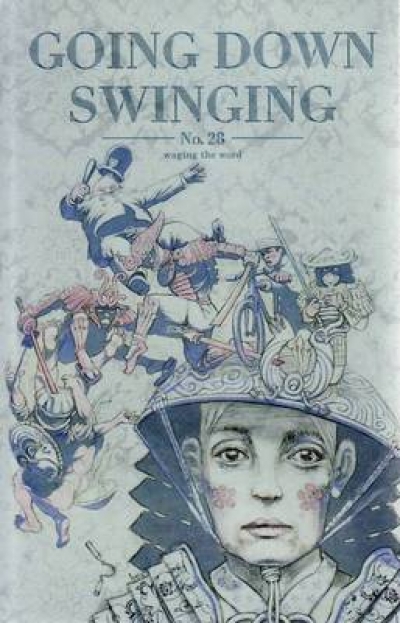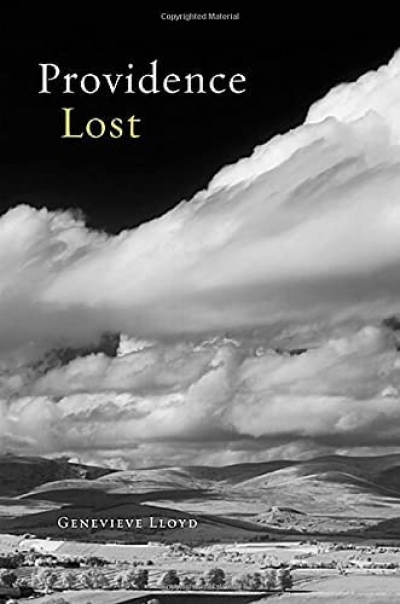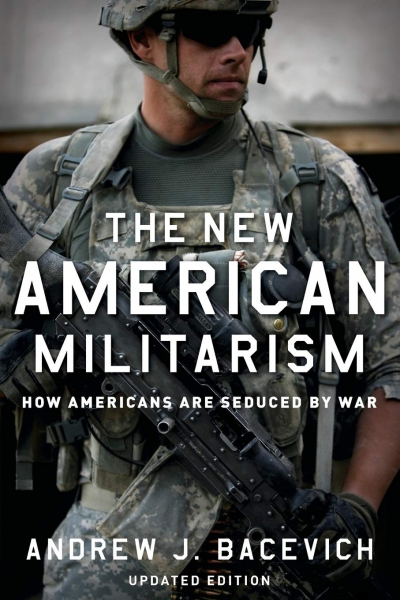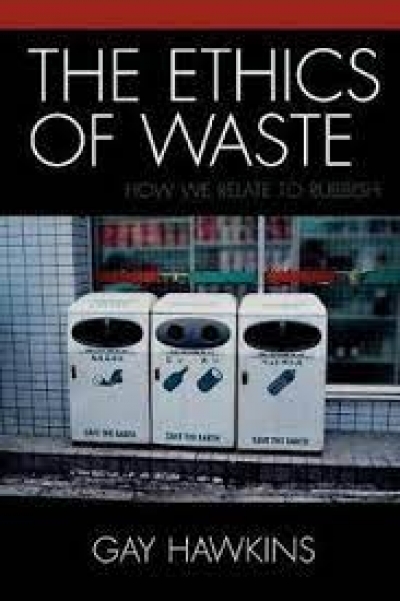Australian Voices
Going Down Swinging, No. 28 edited by Lisa Greenaway and Klare Lanson
Printed Images in Colonial Australia 1801-1901 edited by Roger Butler & Printed Images by Australian Artists 1885-1955 edited by Roger Butler
The New American Militarism by Andrew J. Bacevich & Unintended Consequences by Kenneth J. Hagan and Ian J. Bickerton
The Ethics of Waste: How we relate to rubbish by Gay Hawkins
The Measure of Success by Ron Clarke & Cathy by Cathy Freeman (with Scott Gullan)
There have been three years now of ‘Australian Voices’, but when in all that time have you heard a voice? The metonymic use of the word ‘voice’ to mean ‘way of using language’ has become so familiar we forget it’s figurative. But as far as sensory experience is concerned, reading this series has been about the look of typeface, the feel of paper; the only noise has been the turning of the pages. We’ve heard Australian voices in silence.
... (read more)Dear Editor,
Caroline Lurie (ABR No. 131) cited four common criticisms of deconstruction. I think a more important reason is the danger deconstruction poses to the privileged position of the author as the source of one or multiple meanings for a text. It is significant to note that it is mostly the authors (both of narrative and critical discourses) who are so upset about deconstruction.
... (read more)








